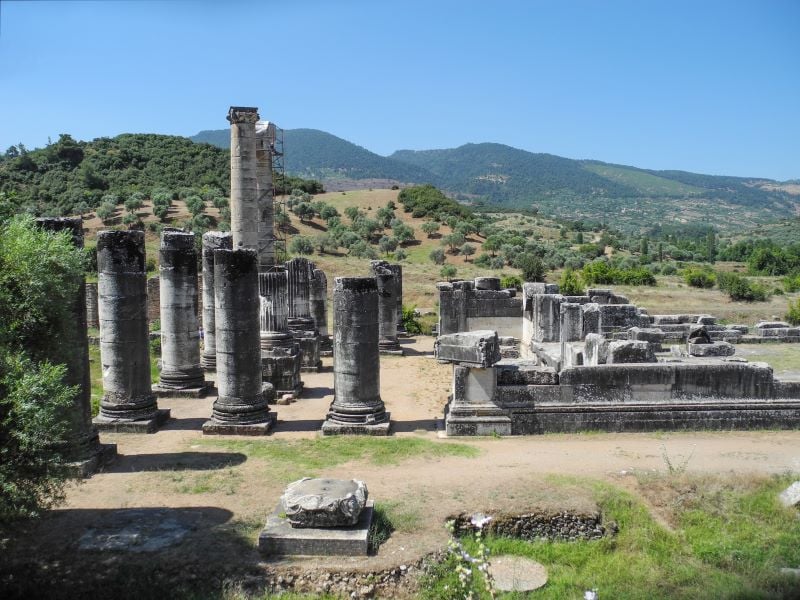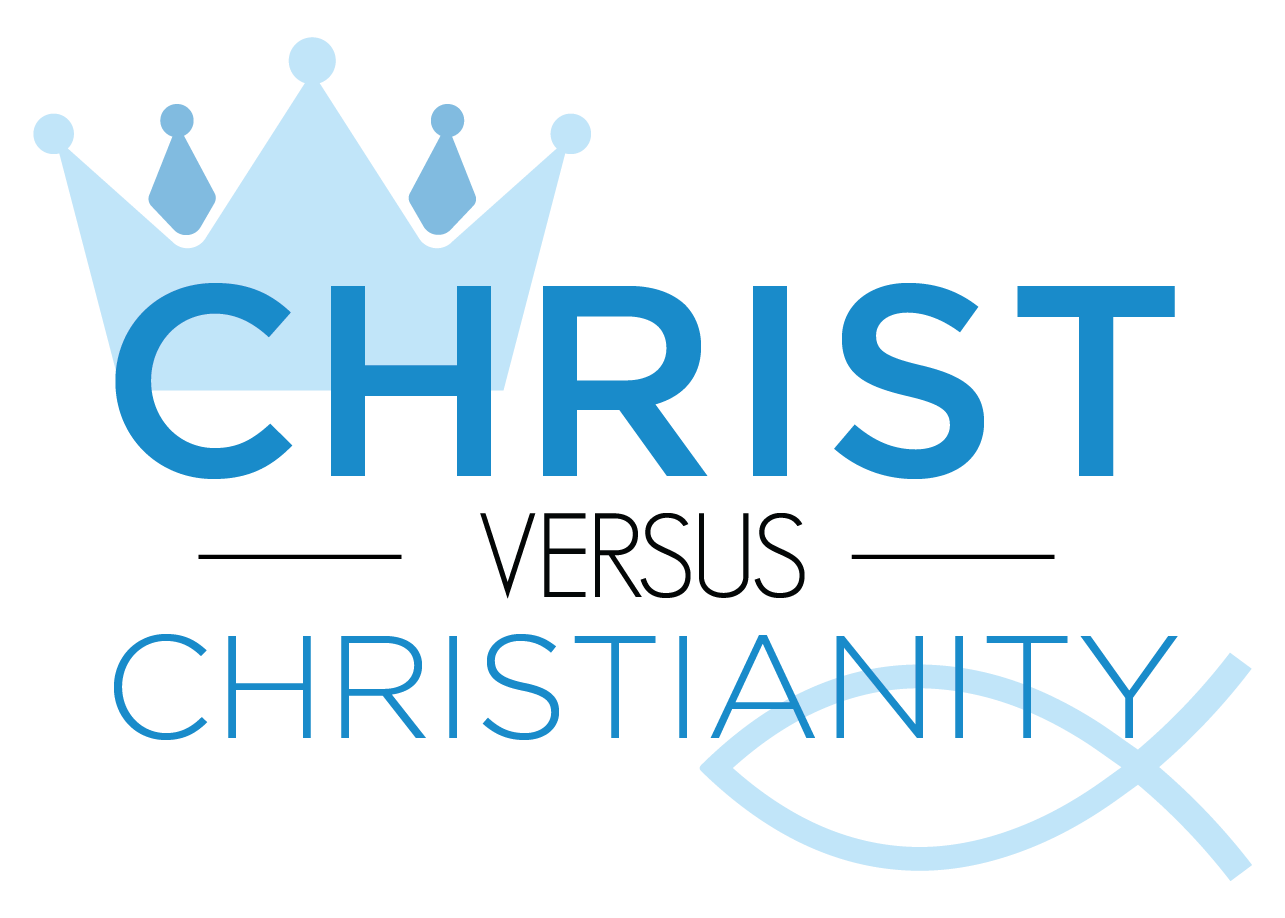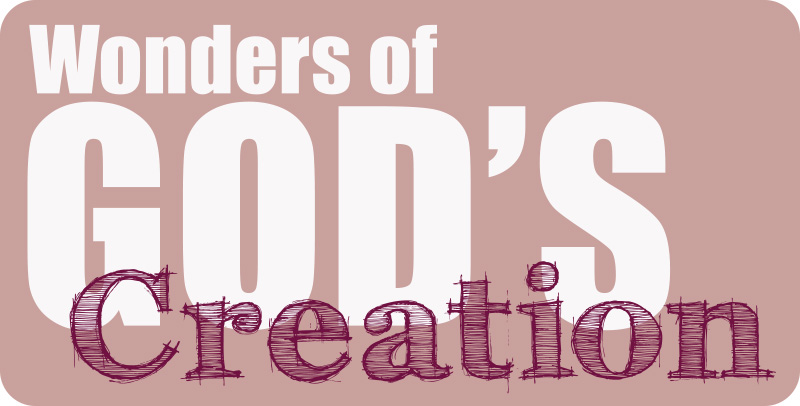
As Rich as Croesus
The story behind an ancient saying opens the door to deeper truths.
On the plains of Turkey, 50 miles east of Izmir and the Mediterranean, lie ruins of what was one of the great cities of the ancient world.
Little is left of Sardis today—a few ruins from the Roman period, most reconstructed by archaeologists. It’s a lonely place with only a few dusty shops along the road that runs through it.
Here was the site of a congregation of the Church of God in the first century to whom Jesus addressed a warning message in Revelation 3.

And there is more to the history of Sardis. It was the capital of the kingdom of Lydia, ruled in the middle sixth century B.C. by King Croesus (pronounced KREE-sus), renowned for his wealth. According to legend, neighboring King Midas cured his famous touch by bathing in the Pactolus River that runs through Sardis, leaving gold in its bed. In any event, gold-rich alluvial silt provided great wealth.
Croesus was the first to mint true gold coins of standard purity. Some 2,500 years later, several languages, including English, still use the expression as rich as Croesus to indicate unimaginable affluence.
A fateful conversation
The wealthy king is also famous for a conversation he had with the Greek sage Solon. Displaying to the philosopher all his opulence, the king asked if there could be a happier man in the world.
Solon replied, “We must behold the end of life first, then we can judge if prosperity abides.”
Some years later Croesus lost a battle against Cyrus the Persian and was captured. (Prophetically, the kingdom of Lydia was one of the three symbolic ribs in the bear’s teeth in Daniel 7:5.) As Croesus was about to be executed, the defeated king recognized the truth in the wise man’s words, crying out, “O Solon, Solon!”
Time and chance
Life is unpredictable; great and unexpected changes can transform lives for better or worse. For example, in the Bible both Joseph and Job went from wealth to miserable poverty and back to riches.
Solomon mused, “I returned and saw under the sun that—the race is not to the swift, nor the battle to the strong, nor bread to the wise, nor riches to men of understanding, nor favor to men of skill; but time and chance happen to them all” (Ecclesiastes 9:11).
So, it is wise to take care in our lives, to live thoughtfully, recognizing how much things can change even from one day to the next. Every blessing should be noted with thanksgiving. Accidents, illnesses, mistakes and the effects of age can bring painful changes we are helpless to stop.
Absolute promises
Yet God gives promises that are not subject to the vicissitudes of life. Whatever may happen, God promises never to forsake us, but to remain with us in our trials (Hebrews 13:5). He promises mercy and grace in time of need (4:16).
And He promises of His faithful, “My sheep hear My voice, and I know them, and they follow Me. And I give them eternal life, and they shall never perish; neither shall anyone snatch them out of My hand” (John 10:27-28).
These promises transcend anything that may happen to us in this life, because, contra Solon, the end of this life is not the end.
How pleasantly surprised Croesus and Solon will be in their resurrection!
—Joel Meeker
@JoelMeeker



